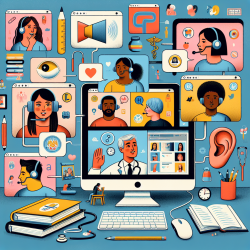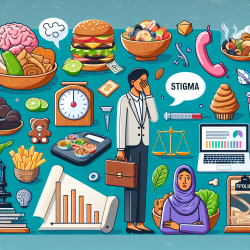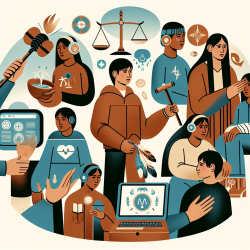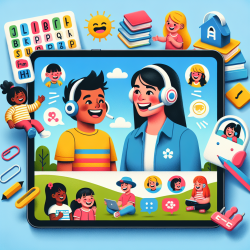Diversity and inclusiveness are crucial elements in educational environments, impacting not only the students but also the quality of services provided. A recent study titled Student perspectives on the diversity climate at a U.S. medical school: the need for a broader definition of diversity by Dhaliwal et al. (2013) offers valuable insights that can be applied to improve the diversity climate in various educational settings, including online therapy services for children.
The study surveyed 261 students from the University of Colorado School of Medicine, exploring their perceptions of the diversity climate. While the majority of students found the environment friendly and welcoming, only 37% believed the medical school was truly diverse. This gap highlights the need for a broader and more inclusive definition of diversity.
Key Findings and Their Implications for Online Therapy
The study's findings can inform online therapy practices in several ways:
- Broadening the Definition of Diversity: The research emphasizes the importance of including various dimensions of diversity such as socioeconomic status, religious beliefs, and political views. For online therapy services, this means recognizing and respecting the diverse backgrounds of both children and their families.
- Witnessing Negative Behaviors: The study revealed that students often witnessed disparaging remarks or behaviors towards minority groups. Online therapists should be vigilant in creating a safe and inclusive environment, ensuring that all children feel respected and valued.
- Educational Value of Diversity: A significant majority of students agreed that diversity enhances learning. In online therapy, diverse perspectives can lead to more creative problem-solving and better outcomes for children.
Practical Steps for Online Therapists
Based on the study's findings, here are some actionable steps for online therapists to improve their practice:
- Inclusive Curriculum: Develop therapy materials that reflect diverse cultures, languages, and experiences. This can help children feel seen and understood, fostering a more effective therapeutic relationship.
- Diversity Training: Engage in ongoing professional development focused on cultural competence and sensitivity. This training can help therapists recognize and address their own biases, leading to more equitable care.
- Feedback Mechanisms: Create anonymous feedback systems where children and their families can report any concerns about inclusiveness. This can help therapists identify and address issues promptly.
Encouraging Further Research
While the study provides valuable insights, it also underscores the need for ongoing research in diverse educational settings. Online therapists should stay updated with the latest research and be open to incorporating new findings into their practice.
To read the original research paper, please follow this link: Student perspectives on the diversity climate at a U.S. medical school: the need for a broader definition of diversity.










